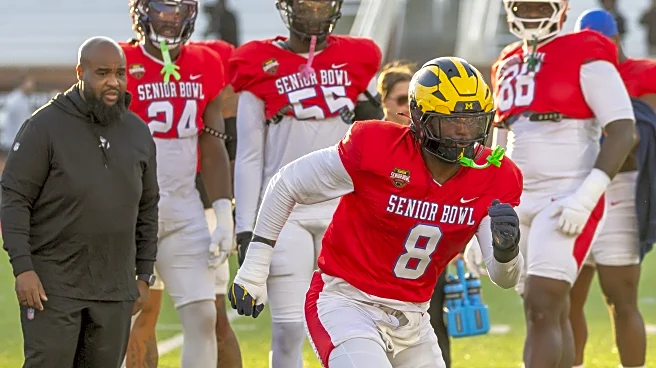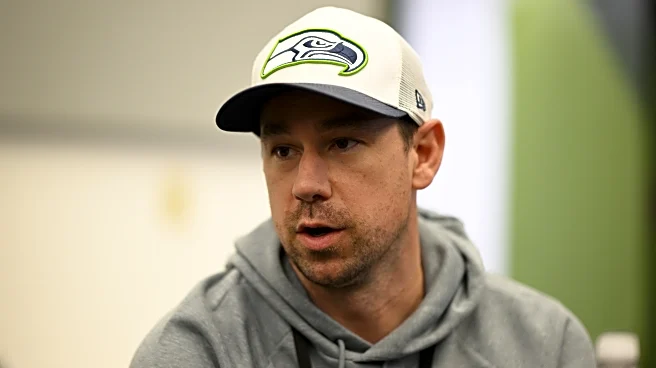Rapid Read • 8 min read
The Atlantic Council, a nonpartisan organization based in Washington, D.C., is dedicated to promoting U.S. leadership and global engagement. It collaborates with allies and partners to address pressing global challenges. The Council operates through various centers and programs worldwide, focusing on policy issues such as climate change, economic development, and advocacy for democracy. It is funded by U.S. taxpayers through donations from federal departments and agencies, including the Department of State. The Council was founded in 1961 by former Secretaries of State Dean Acheson and Christian Herter, among others, to support a close relationship between the U.S. and Europe following the North Atlantic Treaty of 1949.
AD
The Atlantic Council plays a significant role in shaping U.S. foreign policy and international relations. By fostering transatlantic cooperation, it influences policy decisions that impact global security, economic development, and democratic governance. The Council's work is crucial in addressing challenges such as climate change and geopolitical tensions. Its funding from U.S. government sources underscores its importance in national and international policy-making. The Council's initiatives, such as professional training seminars and fellowship programs, contribute to developing future leaders and promoting democratic values.
The Atlantic Council continues to expand its influence through strategic partnerships and collaborations. It hosts events and conferences to engage stakeholders in discussions on global issues. The Council's focus on diversity, equity, and inclusion policies reflects its commitment to fostering diverse perspectives in policy-making. As global challenges evolve, the Council is likely to increase its efforts in areas such as climate change, energy policy, and international security. Its partnerships with corporations and governments will play a crucial role in driving impactful change.
The Atlantic Council's involvement in controversies, such as its connections with Burisma Holdings and the Nord Stream 2 pipeline, highlights the complex nature of its operations. These controversies raise questions about potential conflicts of interest and the influence of foreign entities on U.S. policy. The Council's funding from foreign governments and corporations further complicates its role in shaping policy. Despite these challenges, the Council remains a key player in promoting U.S. leadership and global engagement.
AD
More Stories You Might Enjoy











